Once in a rare while, a cheap lens is a great lens. Is the overlooked Pentax 28-105mm such a lens? Read on!
About the lens

The Pentax-D FA 28-105mm F3.5-5.6 ED DC WR zoom lens (currently $496.95 at B&H or used for around $300) is a versatile and reasonably compact zoom lens, compatible with the full-frame Pentax K-1 DSLR. Indeed, the two were launched at the same time. It can also be used with other K-mount cameras, including APS-C cameras as well as older 35mm film cameras.
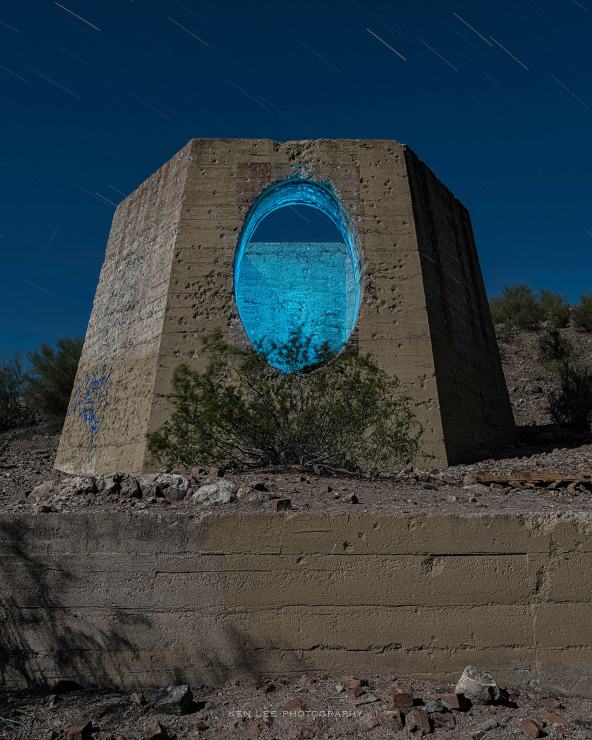
What’s hot?
- Excellent image quality. We’ll get this out of the way since it’s largely what interests us. The image quality is good. The lens seems sharp across the various focal lengths. As with many lenses, this lens is generally the sharpest between f/8 and f/11 across all focal lengths. I have no hesitation in using this for night photography shoots. In fact, I have been using it in place of the venerable but heavy 15-30mm more and more.
- It’s a great walkabout lens. Given that it goes surprisingly wide but extends to 105mm, it’s reasonably wide and useful for most situations.
- Solid weather sealing. Like a lot of Pentax products, including the K-1, the weather sealing is excellent. It even has a rubber O-ring on the back of the lens designed to seal against the camera to keep moisture and dust out. So far, it’s survived mist, desert sand, and more without a hitch.
- Feels good to use. It’s light, reasonably compact, and has texturized rubber grips that make it pleasant to use.
- Little lens flare.
- Works with Astrotracer. A lot of Pentax photographers report that slightly longer focal lengths work optimally when using the Astrotracer. In other words, people are reporting that generally speaking, longer focal lengths exhibit fewer artifacts than wide focal lengths such as 15mm.
- The price! Wow! The price!!
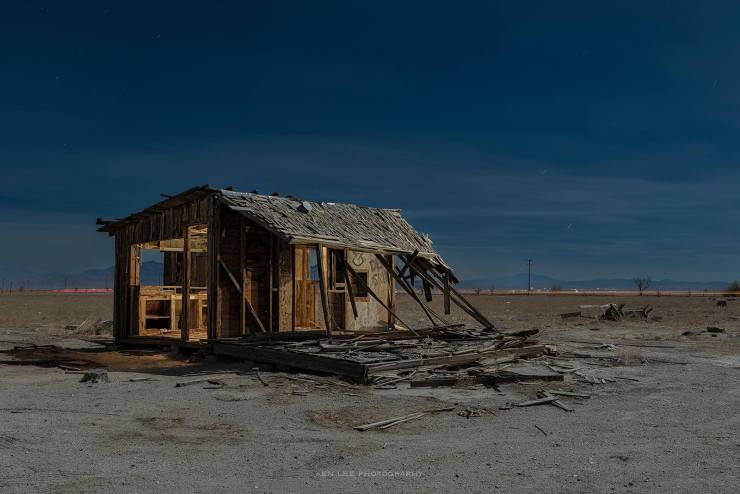
What’s not?
- Variable aperture. As you extend the zoom, the aperture will vary from f/3.5 to f/5.6. I feel that expecting a fixed aperture lens for under $500 is unrealistic. And, well, a variable aperture does keep the size of the lens down. Nevertheless, I should mention this. I use this primarily for night photography, so it’s not much of an issue for me. For those who really want a fixed aperture but can’t afford it, the easiest “workaround” is probably photographing with Auto ISO.
- The manual focus ring spins continuously instead of stopping. This took me a little getting used to, as the manual focus ring does not have a stop. There’s nothing wrong with the manual focus, but I had to grow accustomed to the lack of throw.
General impressions

I have owned the 28-105mm lens for a while. However, I must confess I was initially biased. Although my night photographer friend spoke of its virtues, I continued subconsciously dismissing it as a “kit lens”. I packed it in my bag as a backup. There it stayed for many months. However, I began using it when I wanted more “reach”. After doing that, I’ve begun using it more and more, as the images are beautiful.
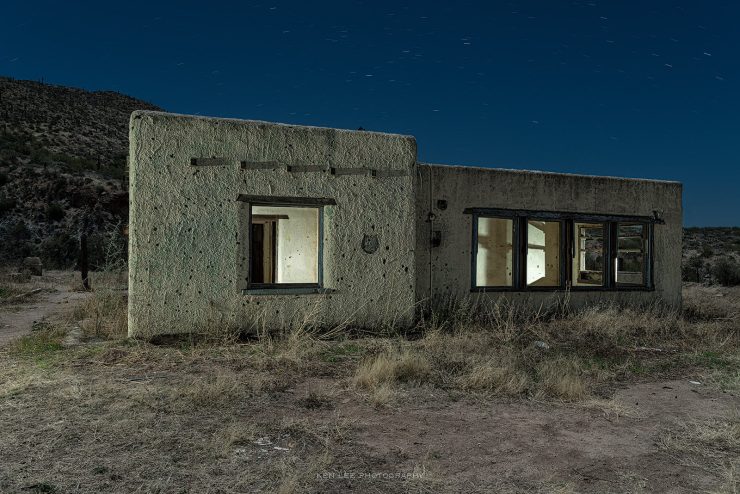
I use its autofocus all the time, both day and night, and never had an issue with it. Obviously, it will not focus as quickly as the 15-30mm lens would. But that’s just physics, isn’t it, when it has a considerably wider focal range.
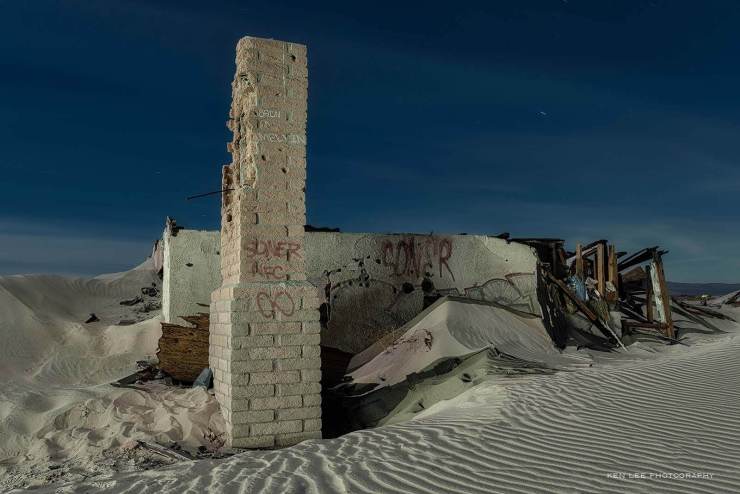
The bokeh is fine. It’s not that creamy, luscious bokeh that you have with wider apertures such as a 50mm f/1.4 or a Lensbaby Edge 35 Optic. Obviously, you’ll see more bokeh when you use longer focal lengths, and less with wide-angle, just like any other lens.
Who should use it?
Given the sharp image quality, flexibility, and strong weather sealing, it’s great for just about any Pentax K-1 user. When you factor in the low price, it’s a no-brainer. I would recommend it for general use as a “walkabout” lens. Bring it hiking. It’s good for night photography, landscape, street photography, or travel.
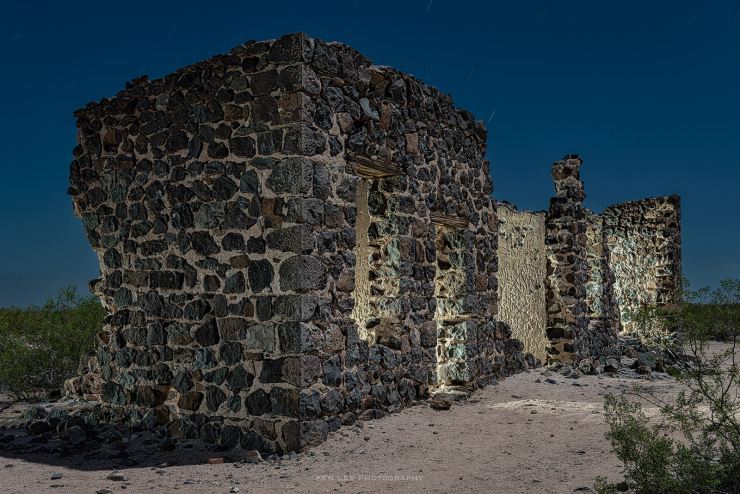
There is a saying, of course: “jack of all trades, master of none.” Most likely, all zooms with reasonably flexible focal lengths fall into this. Is it as sharp as a quality prime lens? No. That’d be silly. The lens exhibits some of the compromises that an inexpensive reasonably long zoom lens might have. This includes some softness in the edges, especially with wider apertures. There’s some vignetting. And of course, it changes the aperture when you zoom. If these are deal-killers, well, you probably shouldn’t be looking at a general-purpose zoom lens under $500.
Always welcome in my camera bag
For me, its merits far supersede these compromises. It is wonderfully flexible and light, and the image equality is beautiful. It’s an excellent lens for night photography during a full moon with light painting and star trails.
And although ordinarily, it wouldn’t have a very wide aperture for Milky Way photos, when used with a tracker or Astrotracer on Pentax cameras, it shines here too.
This often-overlooked “jack of all trades” is always welcome in my camera bag. I will use it for any of my night photography without hesitation. In fact, two of my Pentaxian night photography friends and I, collectively known as The Nightaxians, have discussed this lens on our video podcast show on YouTube. We all use it and love it.
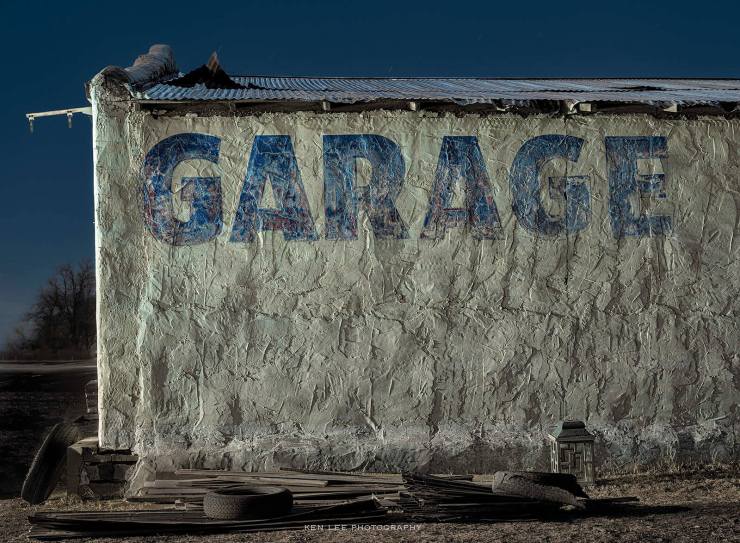
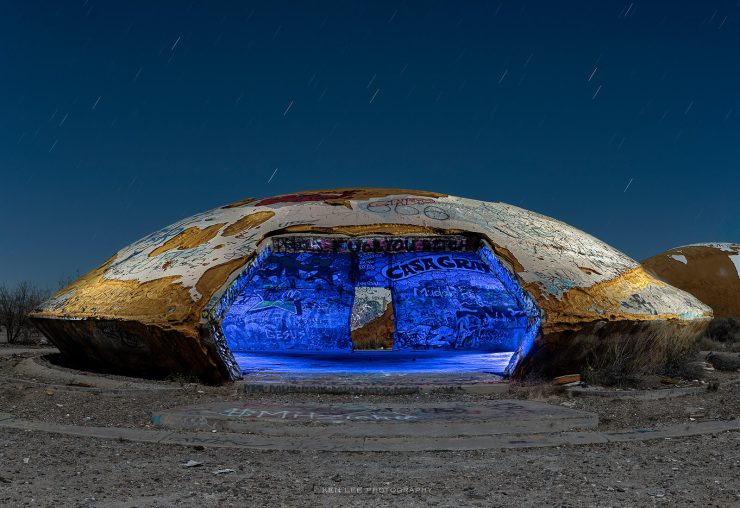
Specifications
Specifications from the Ricoh-Pentax page:
Focal Length
28-105mm
Equivalent to 43-161mm in 35mm format (when attached to PENTAX APS-C size DSLR cameras)
Maximum Aperture
F3.5-5.6
Minimum Aperture
F22-38
Lens Construction
15 elements in 11 groups
Angle of View (Diagonal)
75-23.5°(when attached to PENTAX 35mm full-frame SLR cameras)
53-15.5°(when attached to PENTAX APS-C size DSLR cameras)
Mount
KAF3
Minimum Focusing Distance
0.5m (1.64 ft.)
Maximum Magnification
0.22x
Filter Diameter
62mm
Diaphragm Control
Fully automatic
Number of Diaphragm Blades
9 Rounded diaphragm (28mm: F3.5-6.3 105mm: F5.6-10)
Lens Hood
PH-RBC62 (included)
Lens Cap
O-LC62 (included)
Lens Case
S80-120 (optional)
Maximum Diameter x Length
approx. 73.0mm x 86.5mm (approx. 2.9in. x 3.4in.)
Weight
approx. 440g / with hood approx. 463g
(approx. 15.5oz./ with hood approx. 16.3oz.)
Tell your story with the second annual Visual Storytelling Conference!
Experience four days of interactive, online training sessions featuring a range of educational content with experienced photographers and content creators. This free event kicks off with a series of technical boot camps to build essential skills, followed by live, online sessions on photography, video, business and social media. Join live from March 10-13, 2022!
